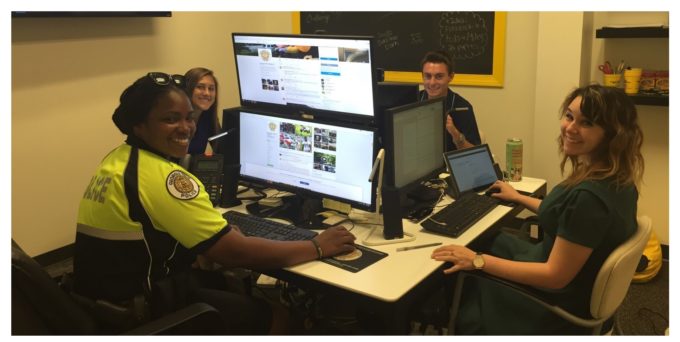Twitter: fact or fiction?
 A colleague of mine recently raised this question with me. With all of the information on social media, how does one possibly figure out what is true and what is false? In the middle of an emergency or ‘breaking news’ especially, how do people follow Twitter…a forum where anyone in the world can post whatever they want, any time they want.
A colleague of mine recently raised this question with me. With all of the information on social media, how does one possibly figure out what is true and what is false? In the middle of an emergency or ‘breaking news’ especially, how do people follow Twitter…a forum where anyone in the world can post whatever they want, any time they want.
Unfortunately, from both a communications perspective and a social media perspective, I laughed. That’s a rhetorical question, no? Isn’t the answer obvious….do you really believe everything you read, see, hear?
But then I realized he was quite serious and, in fairness, he probably represents a good majority of the people we’re trying to reach: people who aren’t necessarily experts in social media but recognize it as a source for information.
When I took a moment to recognize the sincerity of his query, I realized he was right. How do we know? Truth be told, I told him, we don’t.
That’s why as law enforcement agencies, it’s our responsibility to fill that space with accurate, reliable and timely information. During an emergency or ‘breaking news’, your coordinated communications efforts should automatically include the use of social media.
Consider creating a hashtag, inviting your partners, sending the message to the community that they can follow you for accurate, reliable and timely information.
Most importantly, you better match actions to words. Post regular messages – even if it is just to say “we have no new information at this time”. Respond, if it’s appropriate, to erroneous information. Reply to questions. Challenge myths and rumours.
If we want people to use social media to engage with us, then we better be the ones to fill the space with information they can rely on. What’s the point of encouraging the community, or your own members for that matter, to use social media if it’s not being used in an effective way? Yes, it should be the public’s responsibility to seek out accurate and reliable information. But it should be our responsibility to provide it in the first place.
Meaghan played a leading role on the Service’s Social Media Working Group. With her colleagues, the Toronto Police Service developed a corporate social media strategy which will expand the way the Service uses these platforms to support communications and community engagement. The strategy involved almost every area of the Service and resulted in policy, guidelines, and training in the use of social media.
Meaghan received her Bachelor of Arts in Political Studies from Queen’s University and her Corporate Communications Certificate from George Brown College.
She can be reached at meaghan.gray@torontopolice.on.ca or @mrsmeaghangray on Twitter.



